While the rate of growth may be slowing, EV sales hit a record 1 million last year as more and more Americans find them to be acceptable alternatives to conventional, gas-powered vehicles. But “charging anxiety” has become one of the key factors slowing EV growth, according to industry analysts. And a new J.D. Power study concludes that “Public charging isn’t just bad, it’s getting worse.” That said, most owners are ready to buy another EV when it’s time to trade in, especially those with the top-ranked BMW i4.
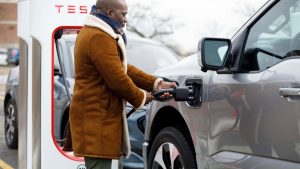
Public charging has become one of the biggest complaints about EVs – with JD Power reporting nearly one in five chargers was out of service during the fourth quarter of 2023.
More than 50 all-electric vehicles debuted on the U.S. market last year. Nearly as many will wind up in showrooms this year, and many of them “are hitting the mark and resonating with shoppers,” said Brent Gruber, executive director of the EV practice at J.D. Power.
As more and more EVs have come to market over the last five year, sales have grown significantly faster than the overall U.S. new vehicle market – jumping from barely a 1% share in 2019 to roughly 8% for all of 2024.
But the growth rate has “flattened out” since mid-year, Power’s dealer tracking data found, and several factors catch blame. Pricing is a key issue, with the typical EV running close to $60,000.
Equally troubling: “charger anxiety,” which is now a more significant concern for potential buyers than range anxiety.
Charger anxiety
The lack of a widespread public charging network is a major concern for both EV owners and motorists considering the purchase of a battery-electric vehicle. But there’s also the issue of reliability.
Power recently reported that 18% of public chargers were out of service at any given moment during the fourth quarter of 2023. Research by McKinsey was even more troubling, putting the number at somewhere around 30%.
In the summery of Power’s new Electric Vehicle Experience Ownership Study, or EVX, the research firm concluded “public charging isn’t just bad. It’s getting worse.” Satisfaction with EV charging dropped by 32 points when compared to last year.
“The industry should view this lack of improvement as a critical issue that requires decisive action,” Gruber said.
More EV News
- Musk says Tesla Roadster coming in 2025
- First drive: Honda Prologue EV
- “Electrified” vehicles dominate Consumer Reports’ 10 Top Picks
New EV owners are less satisfied — but would likely buy one again
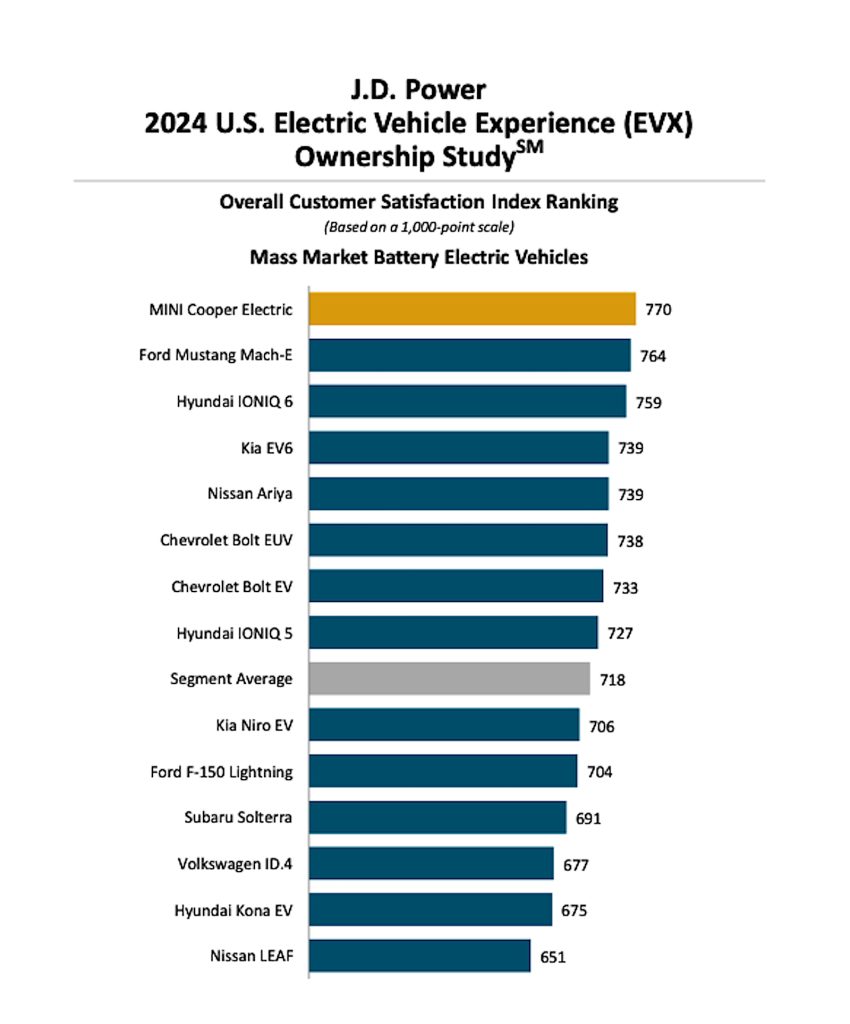 Public charging problems, along with range anxiety, are reflected in the fact that first-time EV owners are less satisfied than what Power describes as “veteran owners.”
Public charging problems, along with range anxiety, are reflected in the fact that first-time EV owners are less satisfied than what Power describes as “veteran owners.”
Buyers new to EVs rated their experience 28 points lower than those who have owned EVs before — and the gap widened from 14 points in the 2023 EVX.
The EVX found most EV owners ready to consider buying another one next time they’re in the market. But 48% of first-time owners say they’d also consider a plug-in hybrid. About 38% of prior EV owners would consider making that switch.
PHEVs not a great alternative
With sales growth slowing, a number of manufacturers, from General Motors to Aston, are planning to add new plug-in hybrids to their product lines. But the EVX concludes that PHEVs might not present a good alternative to all-electric vehicles. On the whole, it found, plug-in owners are “much less satisfied with their vehicle” than folks who own battery-electric models.
On average, satisfaction with PHEVs rated a mediocre 629 points, roughly 100 points less than the average EV score.
“Expected lower running costs is a top purchase reason for EVs but satisfaction with the cost of ownership is much lower for plug-in hybrids,” said Gruber. Plug-in hybrids retain the costs of maintaining a traditional powertrain yet without the benefit of the extended electric driving range found in full battery electric vehicles.”
Top-rated EVs
The 2024 EVX found that premium EVs ranked highest with an average score of 750 compared to 718 for mainstream battery-electric models. Even so, mass-market models actually had higher average scores in terms of quality. But luxury products scored higher in a number of areas, such as design and features.
The top-ranked EV overall was the new BMW i4 which scored an even 800 points. It was followed by the Rivian R1T pickup and R1S SUV, then by the Tesla Models 3 and Y. The Audi Q4 e-tron, at 680 points, was the lowest-ranked premium EV.
On the mainstream side, the Mini Cooper Electric ranked highest, at 770 points, despite having only a bit more than 100 miles range per charge. It was followed, in order, by the Ford Mustang Mach-E, the Hyundai Ioniq 6, Kia EV6 and Nissan Ariya. At 651 points, the Nissan Leaf was the lowest-ranked mainstream model in the 2024 EV study.

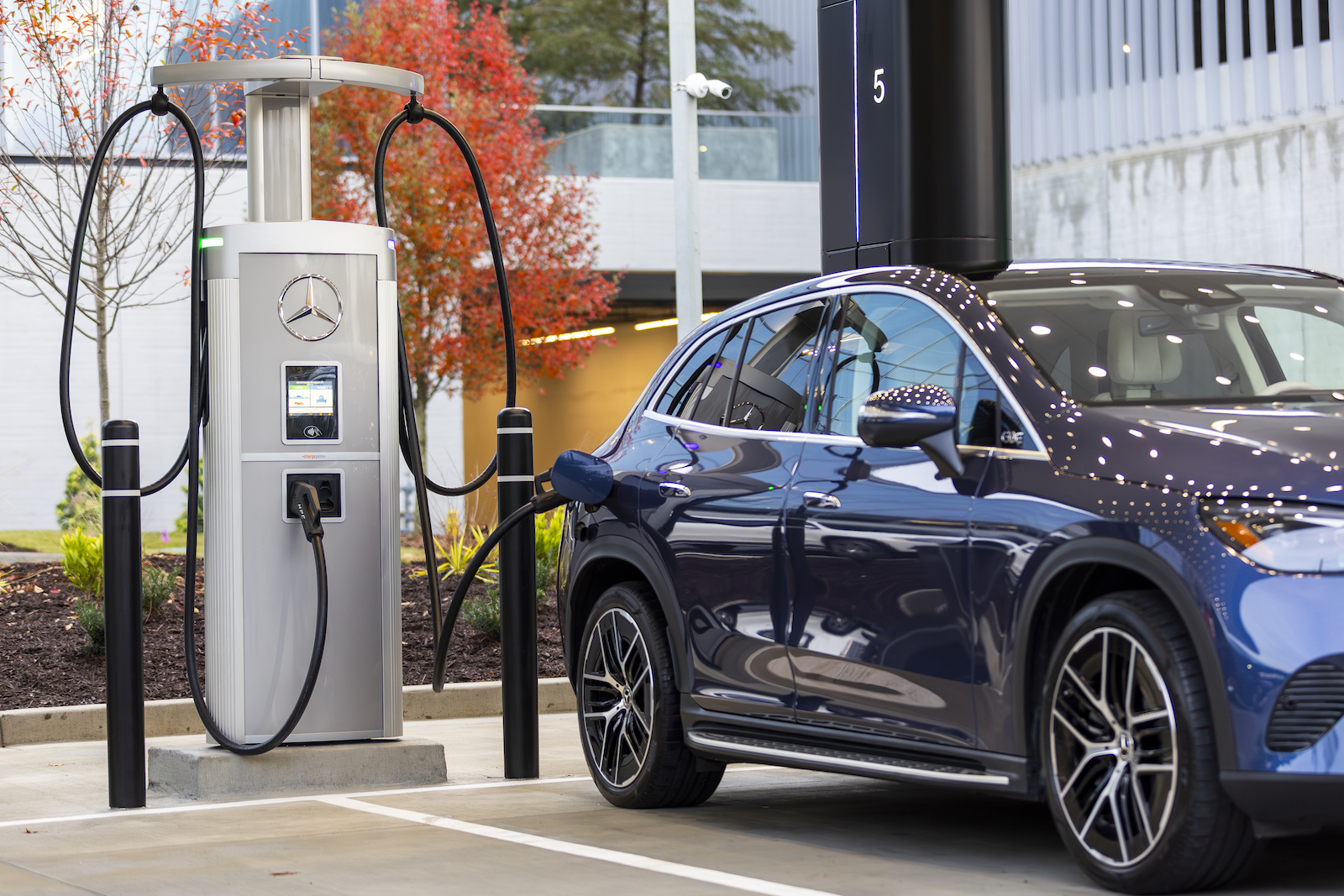
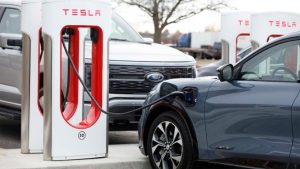
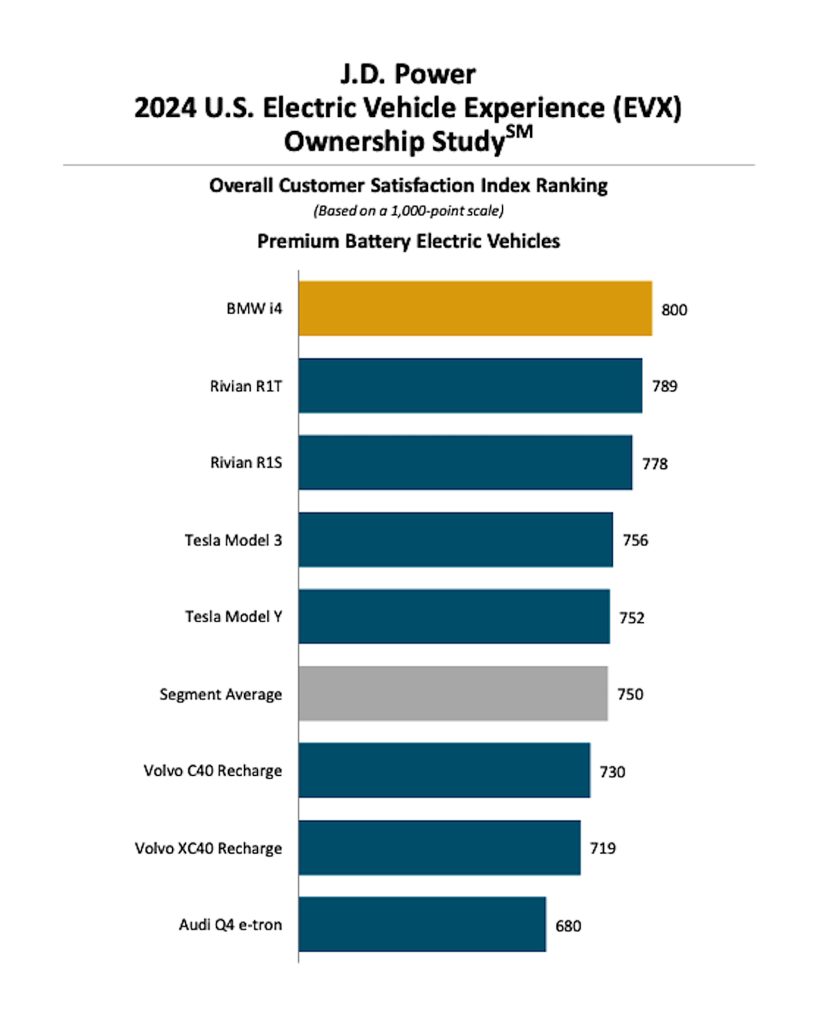
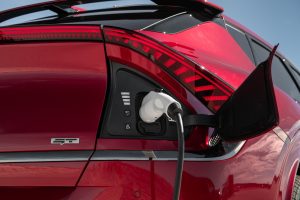
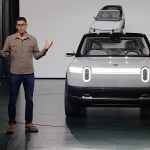


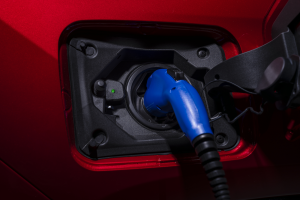
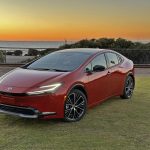
0 Comments